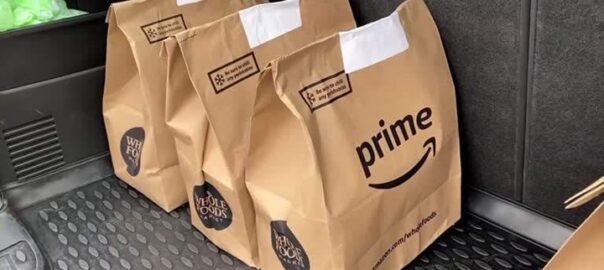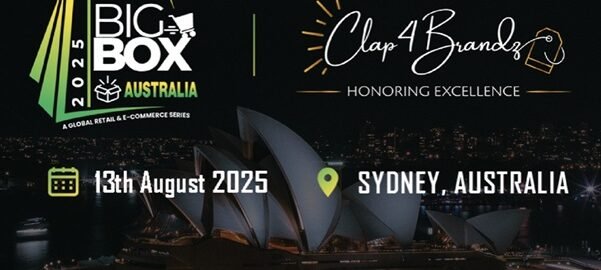Abu Dhabi-listed Lulu Retail Holdings has posted a modest profit increase for the second quarter of 2025, with net earnings reaching $57 million, up by 2% year-on-year. The retail giant’s revenue for the quarter rose by nearly 5%, hitting $2 billion. This growth was primarily attributed to like-for-like sales growth of 2.1%, reflecting strong consumer demand across its diverse range of products.
In the first half of the year, Lulu Retail Holdings’ performance remained robust, with a 9% rise in net profit to $127 million. The company’s overall revenue surged by 5.9% to $4.1 billion, bolstered by a combination of new store openings and sustained sales across its existing locations. The results underscore the company’s resilience in an increasingly competitive retail landscape, driven by strategic expansion and ongoing investment in its store network.
Lulu Retail Holdings, one of the largest hypermarket chains in the Middle East, continues to capitalise on its expanding footprint in both the UAE and other regional markets. The retailer’s ability to maintain steady revenue growth, even amid fluctuating consumer behaviour and economic challenges, is attributed to its diversified product offerings and operational efficiencies. Key drivers of the company’s success include its focus on enhancing its digital platforms and expanding its range of private-label products, which offer higher margins compared to third-party brands.
The group’s commitment to digital transformation has become particularly evident in its e-commerce strategy. Lulu has made significant strides in improving its online presence, responding to the growing demand for online shopping in the region. The company’s e-commerce sales have been a major contributor to its overall growth, with new initiatives aimed at improving delivery times and offering a wider selection of products online. This move aligns with broader regional trends, where consumers are increasingly shifting towards online shopping for convenience and competitive pricing.
Store expansion has also been a key component of Lulu’s strategy, contributing to its healthy performance. Over the past year, Lulu Retail Holdings has continued to increase its presence in key regional markets such as Saudi Arabia, Qatar, and Oman. The opening of new hypermarkets and supermarkets has allowed the company to tap into growing urban populations and emerging retail hubs in the Middle East. These new locations have not only driven revenue growth but have also enhanced the company’s visibility and strengthened its market share in these competitive retail environments.
Despite the global economic uncertainty and rising inflationary pressures, Lulu Retail Holdings has managed to maintain strong sales figures by focusing on its core customer base while diversifying its offerings. In addition to its food and grocery segments, the company has expanded its non-food categories, including electronics, fashion, and home goods, attracting a broader demographic. The retailer’s ability to adapt to changing consumer preferences, such as the increasing demand for health and wellness products, has also supported its continued growth.
Lulu’s performance is also reflective of the broader trends in the retail industry within the region. As more consumers opt for quality and convenience, hypermarket chains like Lulu are well-positioned to capture a larger share of the market. The company’s large-scale operations, combined with its ability to offer competitive prices and high-quality products, are key factors that have helped it to navigate the challenges posed by shifting economic conditions.
News Credits- msn







/filters:format(webp)/entrackr/media/media_files/2025/08/12/nykaa-financials-2025-08-12-16-55-11.png)



